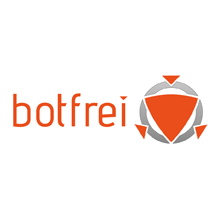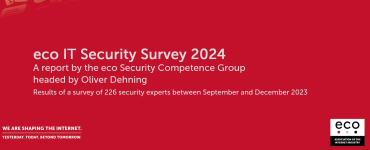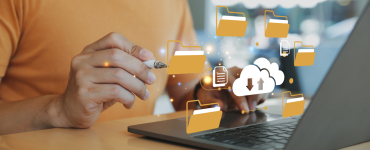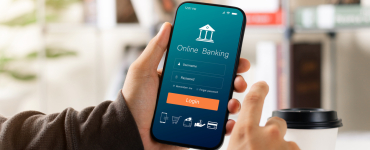- eco Association is handing over the reins for the ongoing design and implementation of the botfrei.de safety campaign
- eco will continue to support the project and remains a partner in the project’s strategic focus
- Continuation of the project secured beyond 2018
After approximately ten years, eco – Association of the Internet Industry is handing over the reins for the ongoing design and implementation of the security campaign botfrei.de to its member company eyeo GmbH. eco will continue to accompany the initiative as a strategic cooperation partner in the future. Today, the eco Association announced an agreement with eyeo GmbH. Five years after the end of the botfrei.de project’s public funding, the continuation of the platform for the detection and removal of computer infections has thus been secured. Since 2015, the eco Association has continued to run the project at its own expense. eyeo is now taking over all assets of botfrei.de as well as project responsibility.
“With the development of botfrei.de in 2009, we wanted to raise awareness in the industry and amongst the public of threats posed to their computers and networks from malware,” explains Markus Schaffrin, Head of Member Services at the eco Association. “We have fully achieved this goal. Now the time has come to make the project fit for the future, together with eyeo.”
Aside from the support for botfrei.de, when it comes to IT security, eco itself is concentrating increasingly on topics in the B2B environment, and on new developments in this field such as blockchain and artificial intelligence (AI). In addition, the future activities of the eco Association will continue to center on the IT security specialist conference Internet Security Days (ISDs), which is experiencing annual exponential growth, and on the implementation of research projects such as the SIWECOS project – the latter which is funded by the German Federal Ministry for Economic Affairs and Energy (BMWi) and which supports companies in their defense against the spread of malicious code via their websites.
“eco has to date provided basic support for the tools and services that are now readily available to prevent infections and minimize their potential impact,” adds Schaffrin. “In the meantime, however, a variety of desktop, mobile, web, IoT devices, etc. have been developed, with each of these requiring further focused development. Here eyeo has the necessary technological know-how and development capacities.” Peter Meyer, the project manager who has led botfrei to date, will move from eco to eyeo GmbH at the turn of the year and will continue to accompany the project in the future.
“botfrei.de, with its high usage intensity of more than 70,000 downloads per month, is the ideal addition to our product portfolio, which helps end customers to maintain control over their web experience,” says Till Faida, CEO of eyeo GmbH. “This brings us one step closer to our goal of jointly improving the Internet and developing sustainable solutions for the future of the web.”
The success story of botfrei.de
When botfrei.de was launched in 2009, Germany was still one of the inglorious frontrunners in the area of infection of workstations with malware. The Conficker worm brought computer networks to a standstill worldwide and infected hospitals, public authorities, companies, and critical infrastructures. And although Conficker itself was relatively harmless, it caused immense economic damage – especially in Germany.
In response, the botfrei.de project was presented at the IT Summit in December 2009. With the financial support of the Federal Ministry of the Interior (BMI), and the participation of the major German Internet service providers, as well as several antivirus providers and media partners, the eco Association and the BSI were commissioned to launch an anti-botnet consultancy service. It started operation in 2010 during the earlier variant of today’s Internet Security Days. Germany was thus to be led out of the top 10 countries whose PCs are responsible for network crime. Only two years later, this goal had already been reached.
After the BMI’s financial support ended in 2013, the eco Association continued to operate the botnet consulting service at its own expense and successfully developed the platform for malware removal with several full-time employees. botfrei.de took the lead in the fight against the DNS Changer infections in 2012 and played a role in numerous botnet takedowns. Most recently, it targeted the Avalanche Botnet in December 2016 and was party to the discovery of the Chimera-Ransomware, the so-called “application Trojan” in the summer of 2015. The cooperation with the software provider eyeo GmbH now ushers in the prospect of future financing for the project.




